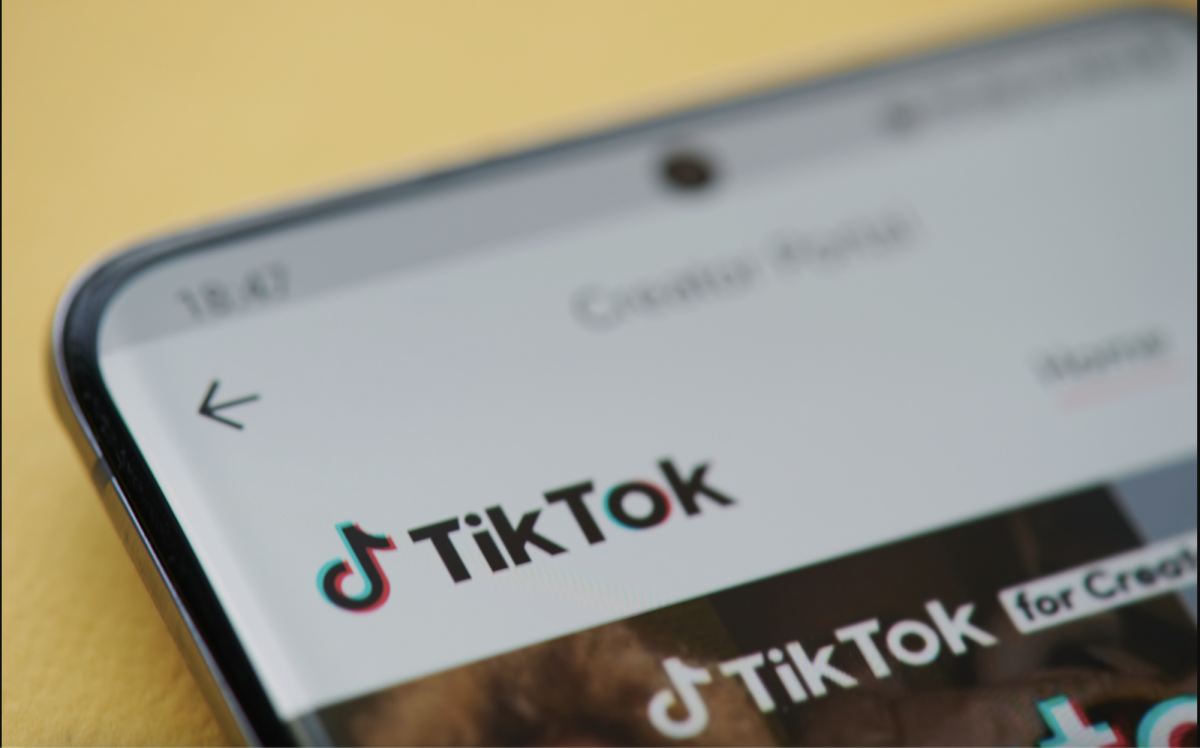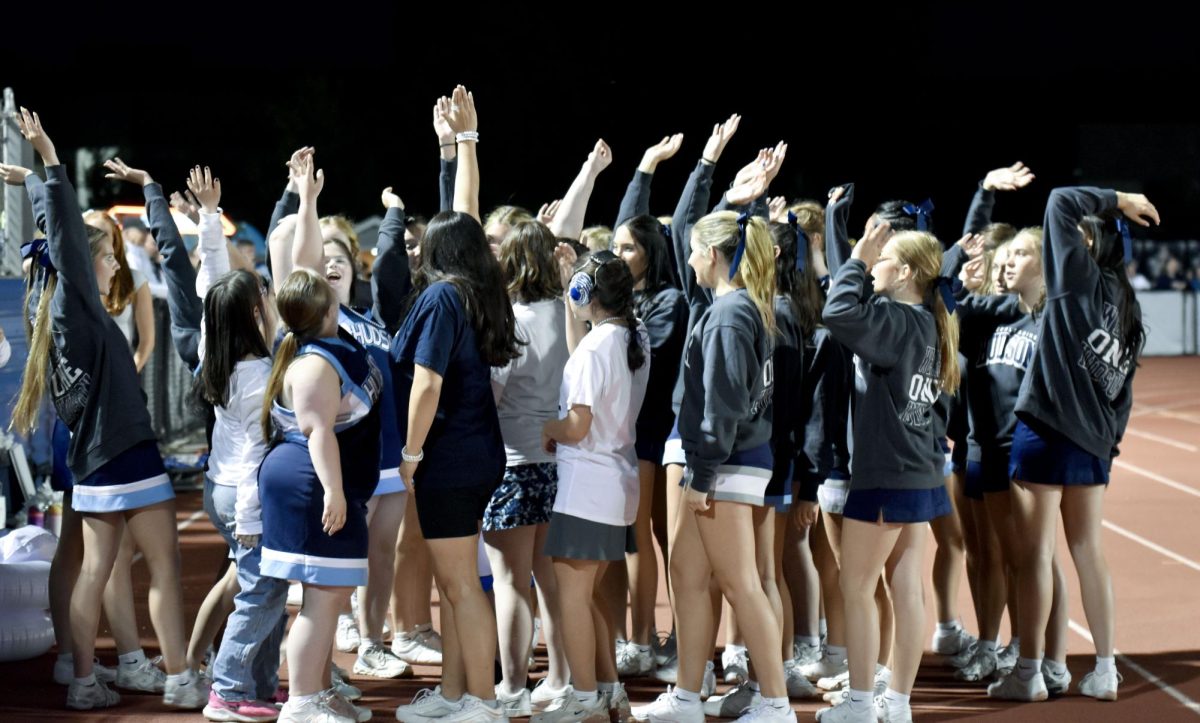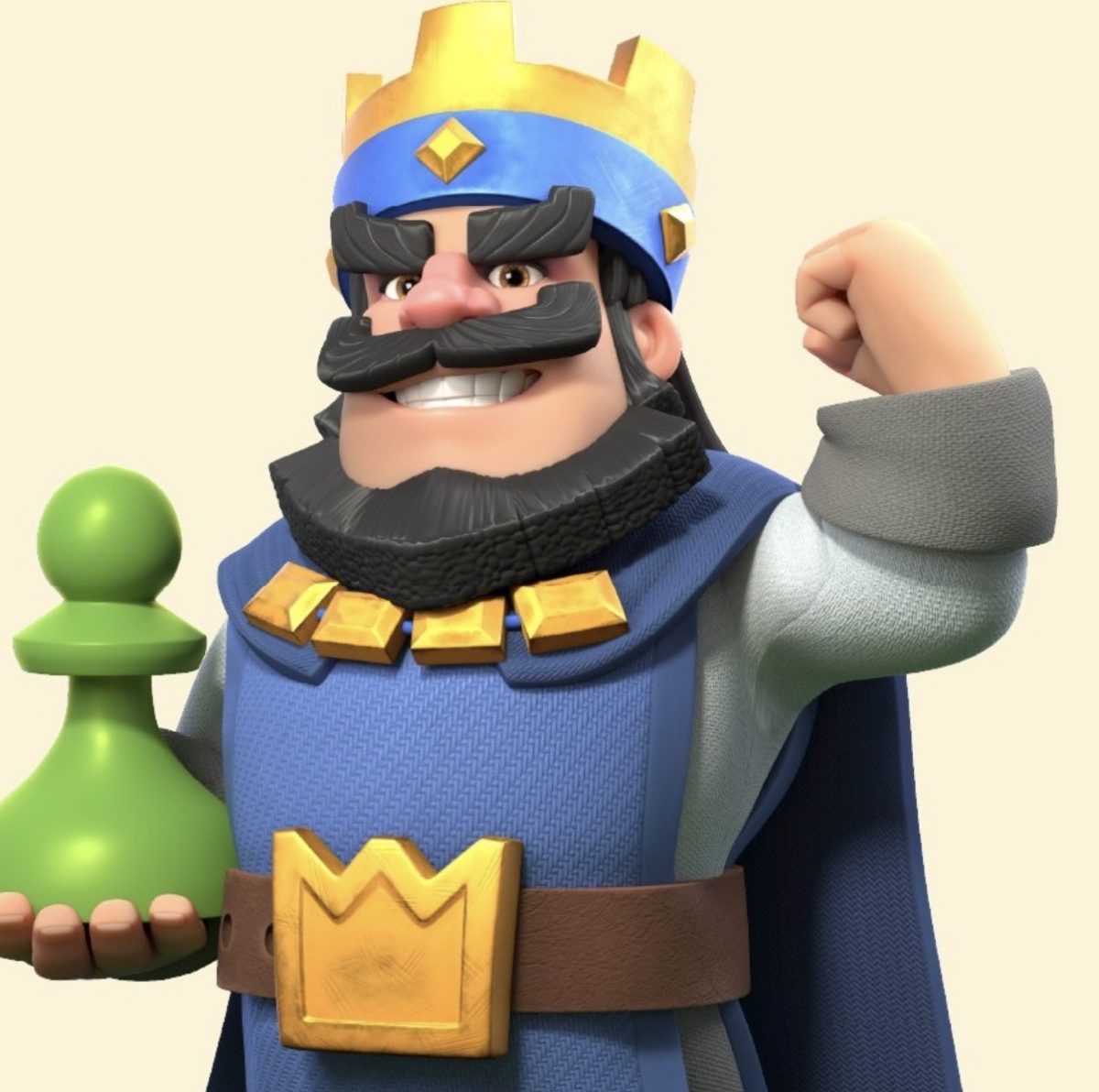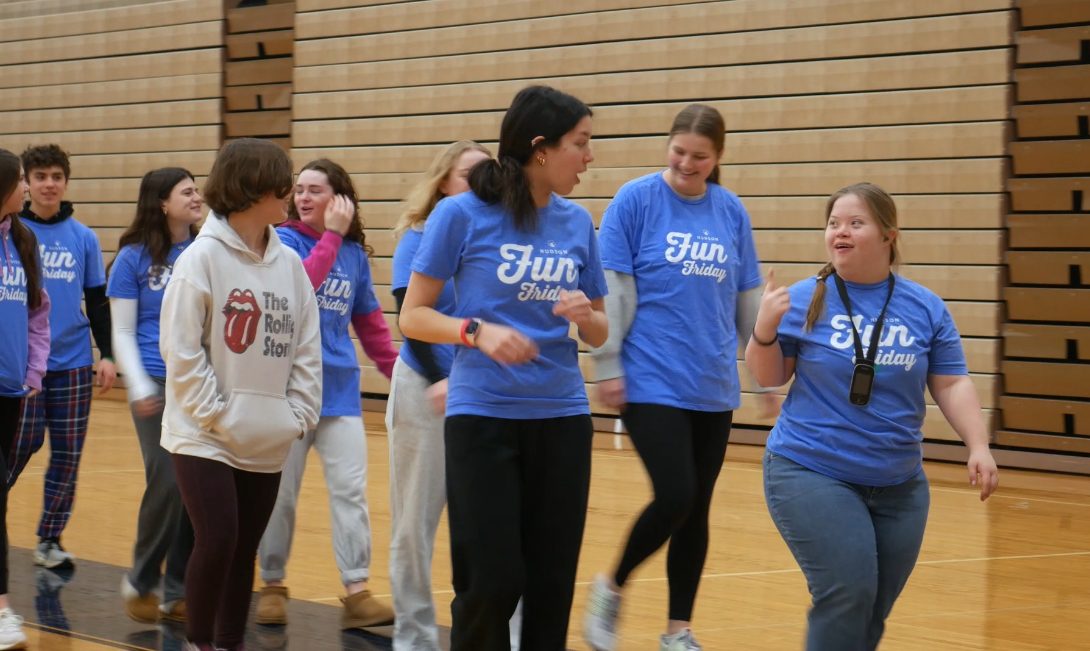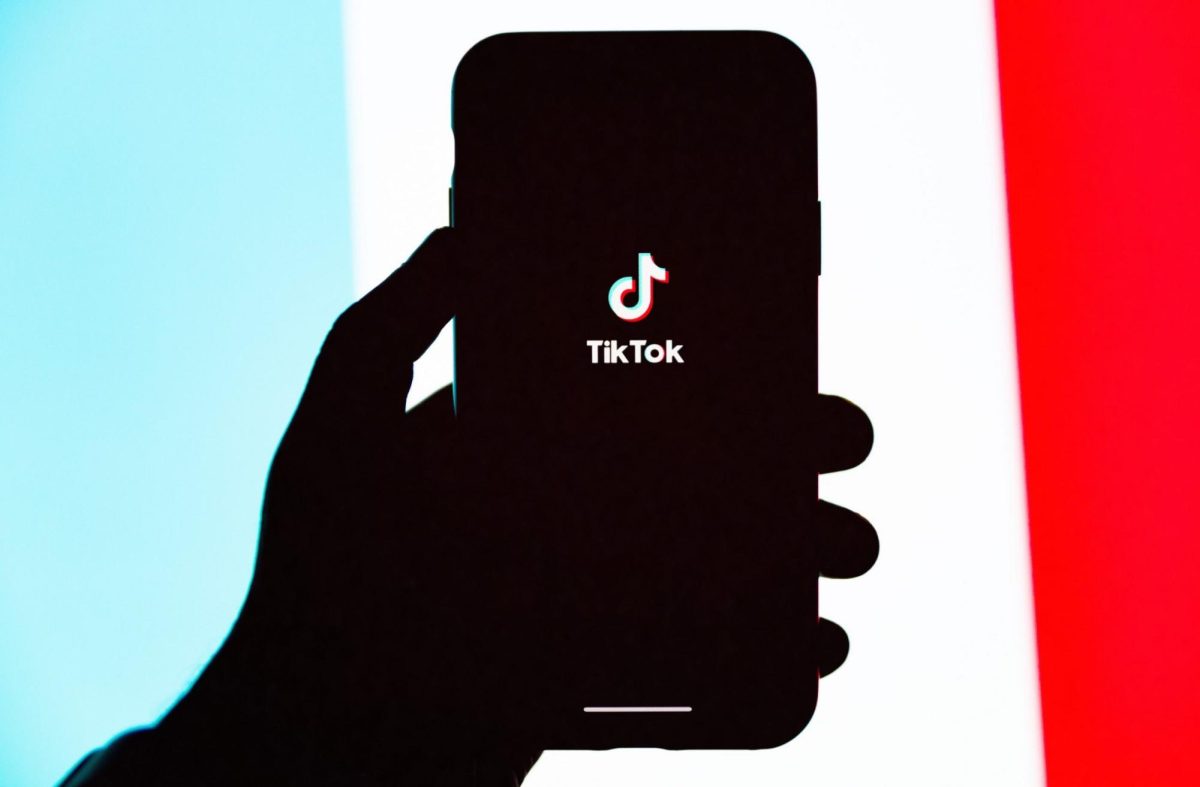Aside from screen time and mental health, a break from TikTok doesn’t sound too bad. TikTok ranks as one of the most used social media platforms globally. With most of its users ranging from ages 18 to 34, studies say, TikTok’s broad audience creates an assortment of accounts, videos and different algorithms. Except, many countries are following through with America’s idea and banning TikTok for good. The United States government has tried to impose restrictions on TikTok bans over the past couple of years with concerns regarding national security and the Chinese government. These potential concerns include China accessing data from those on the app. While this can be a big issue, other issues regarding mental health, children’s attention spans and free time could possibly improve if TikTok was banned.
Numbers are on the rise regarding the correlation between mental health and social media use. Teens, specifically girls, experience more mental health issues while on social media platforms. While other social media such as Instagram, Snapchat and even Pinterest can cause damaging effects, TikTok seems to be the most popular. Not only is there deep content on TikTok to make mental health among teenagers worse, but the action of scrolling and being sucked into other people’s lives so quickly can have potentially harmful effects. Content on TikTok ranges from silly and relatable videos to suicide, eating disorders and other concerning issues.
Another reason the TikTok ban could be beneficial for students’ and children’s brains is because of the strong correlation between social media scrolling and shortened attention span among teenagers. Recently, a Microsoft study revealed that the attention span of humans is reducing and has dropped to eight seconds. As the time span depletes, so does the motivation and energy to take on tasks. TikTok as a whole is starting to create a more lazy society. While this isn’t true for everyone, it can be for some of the most active users.
As far as free time goes, students usually spend it with friends and family, playing sports or being active in the community. But with open amounts of time throughout the day, many kids spend it scrolling through TikTok when they could be doing homework or spending time with the people they care about.
Some may argue that TikTok and other social media platforms don’t specifically take up free time or distract users but that during this time, kids connect with friends and others around them. While this statement holds true, it can also be reversed: When kids are glued to their phones, they are isolating themselves from the interaction of those around them in real time.
Even though TikTok will truly never go away and end up becoming another app at its worst, a break from one social media could open doors to clearing up free time, mental health and children’s attention spans.



